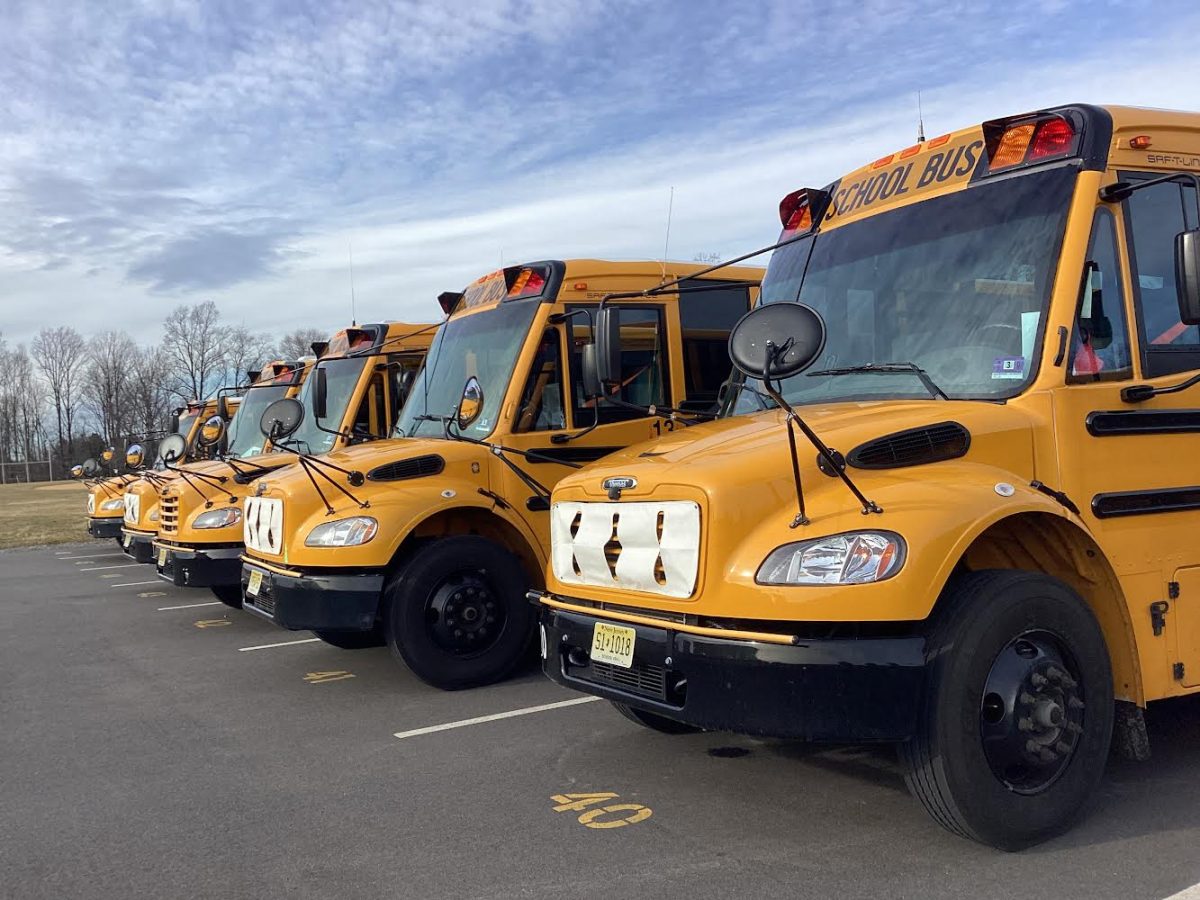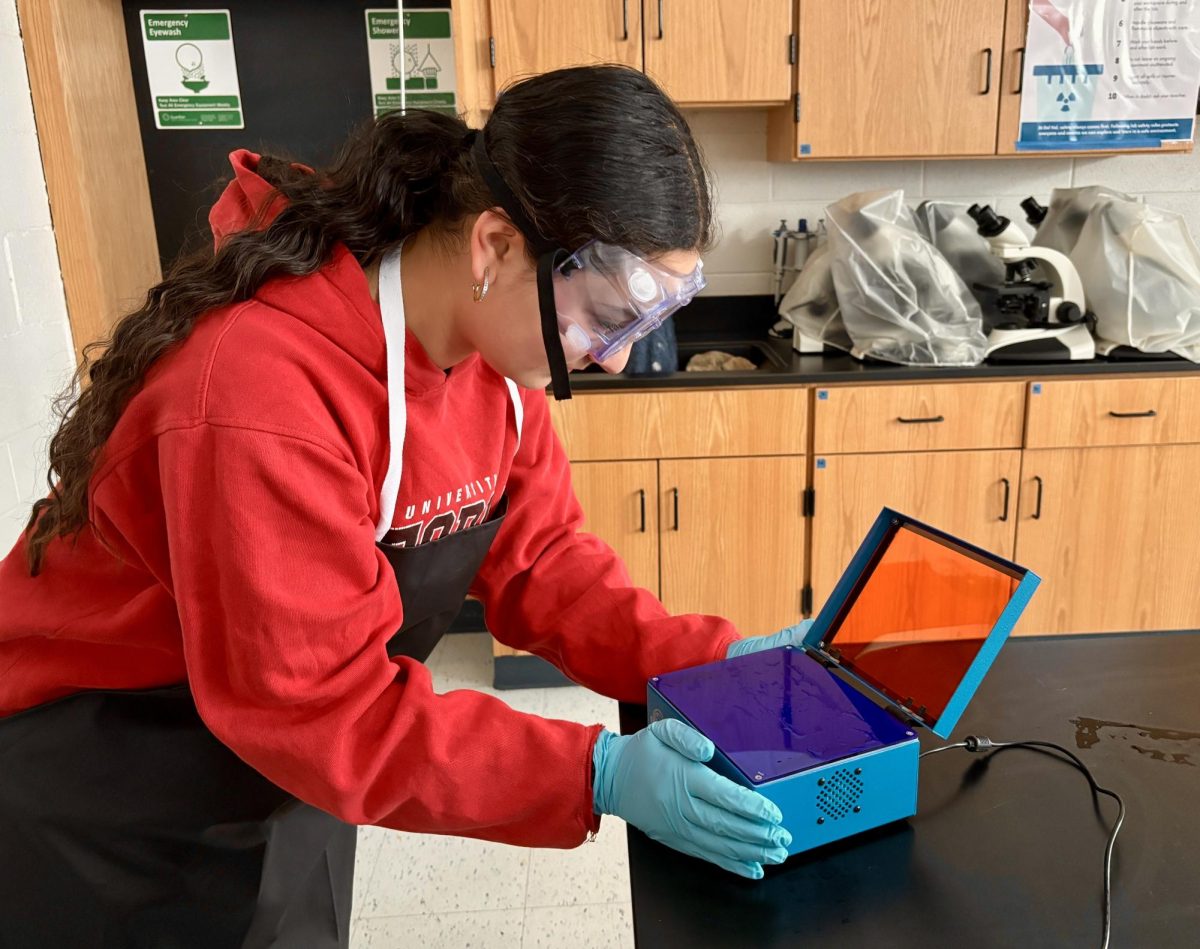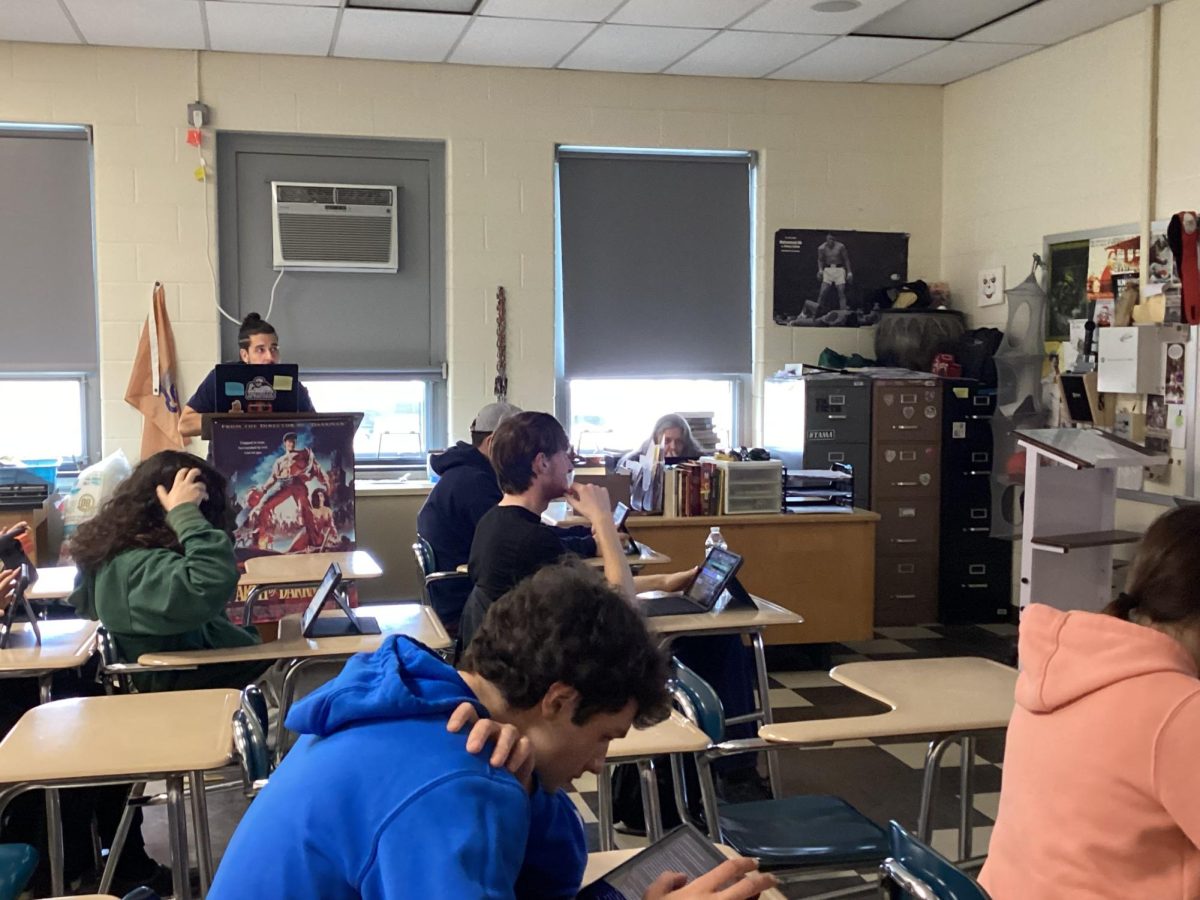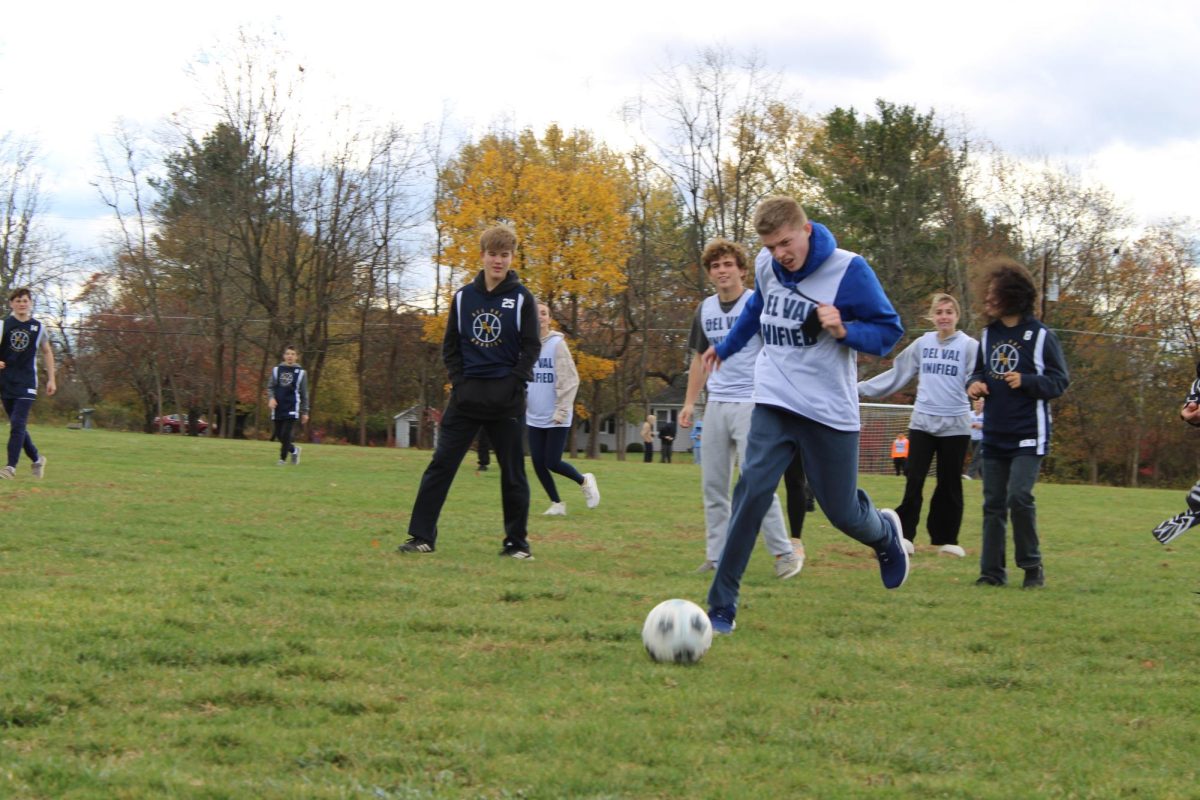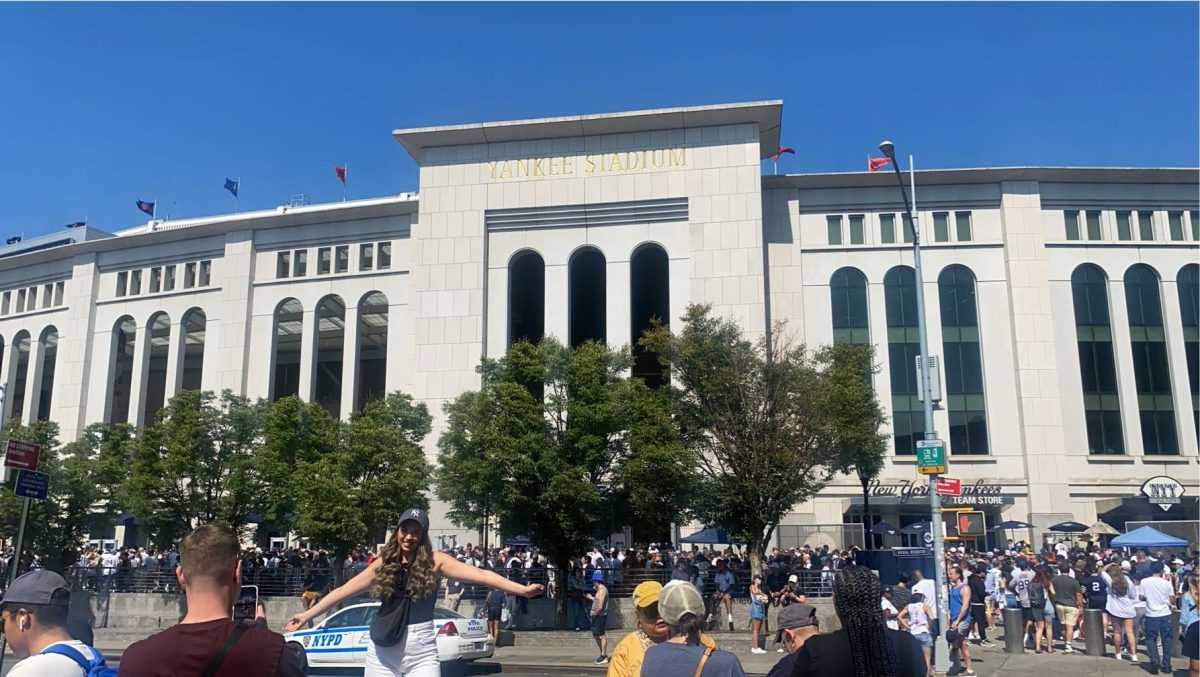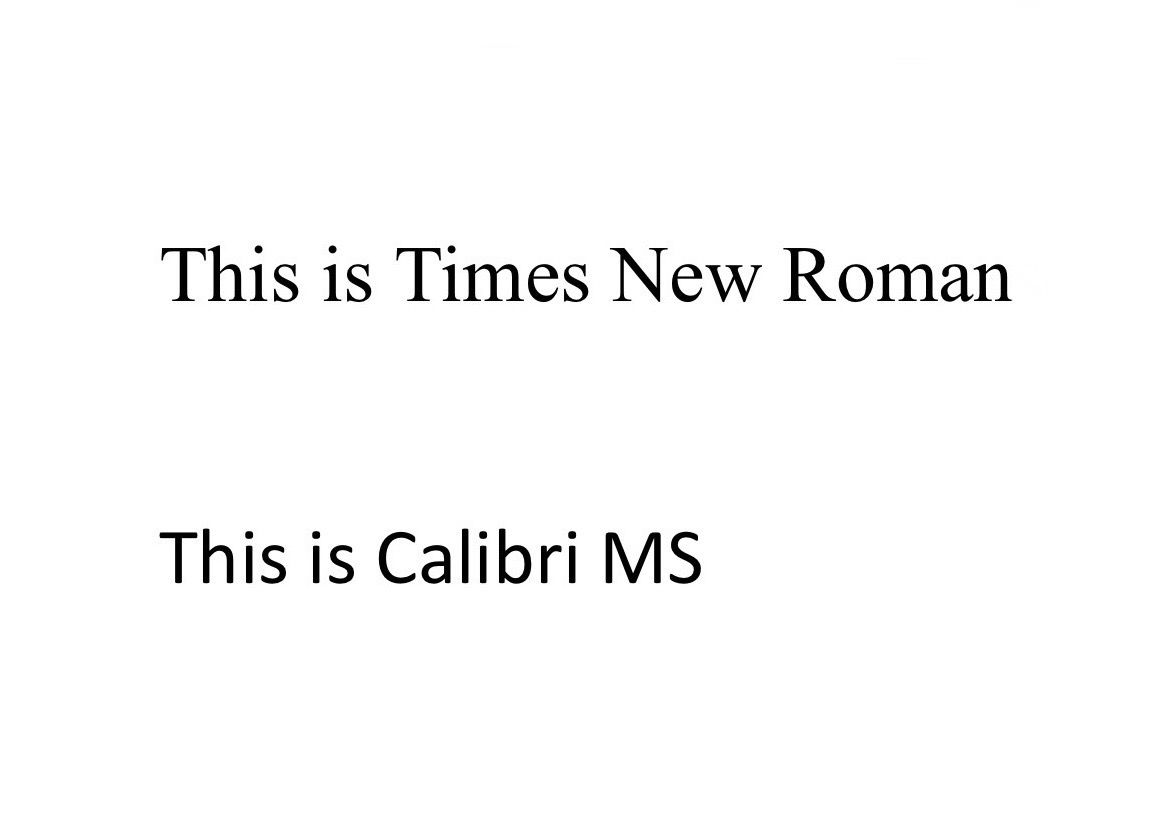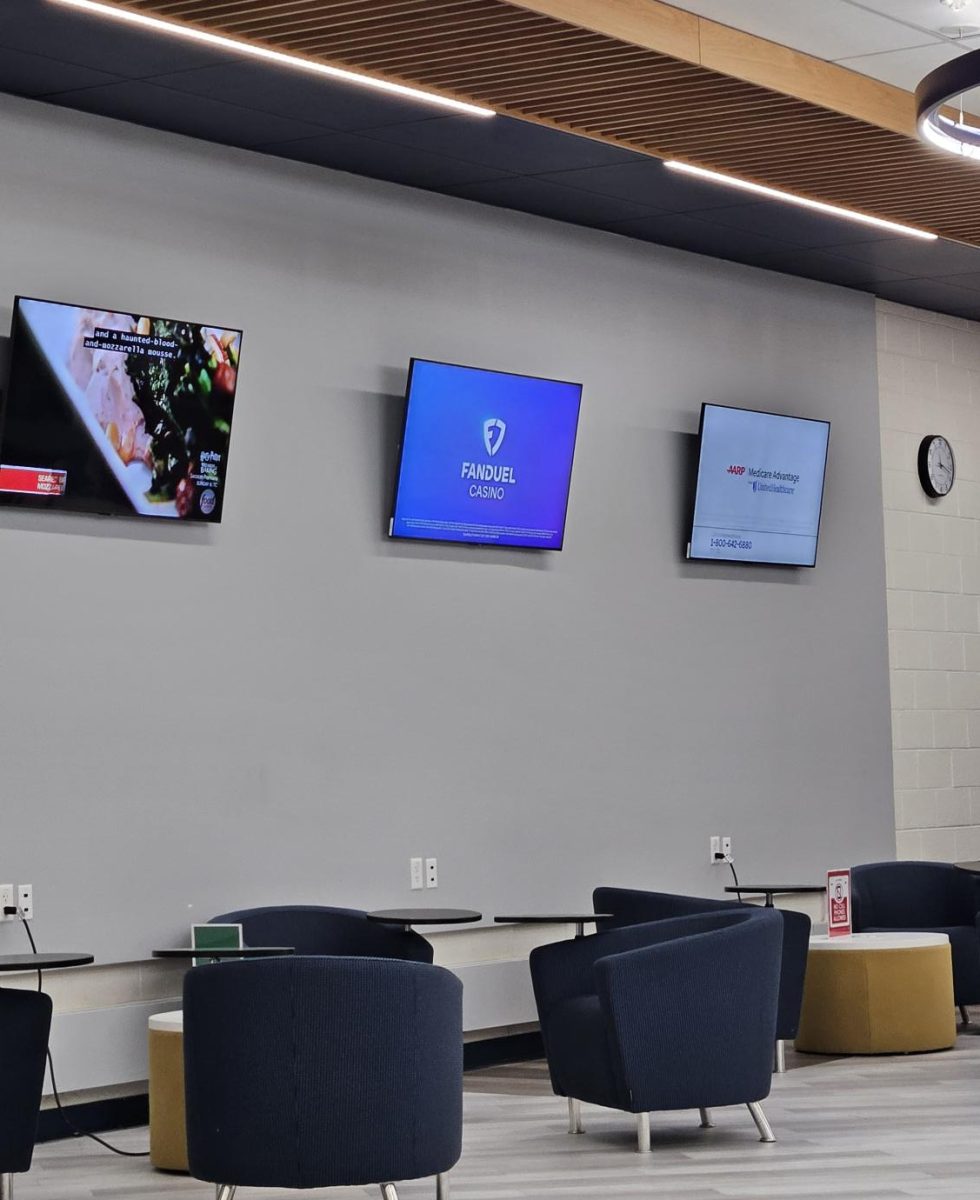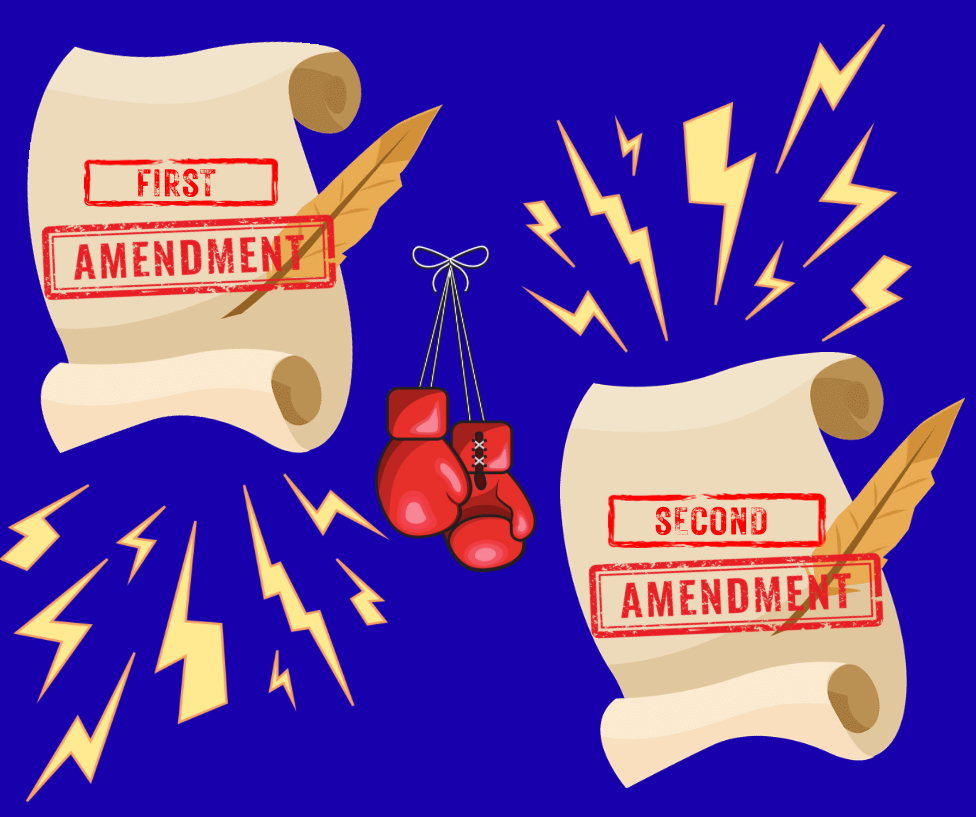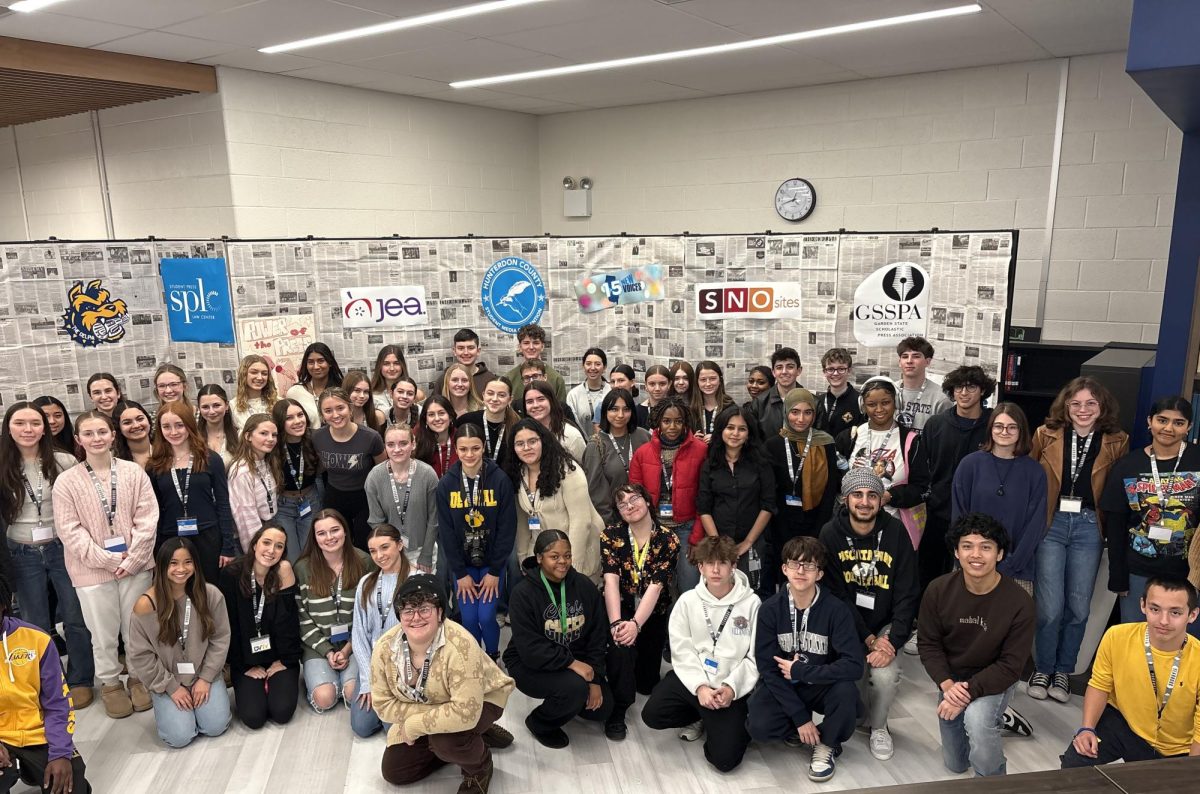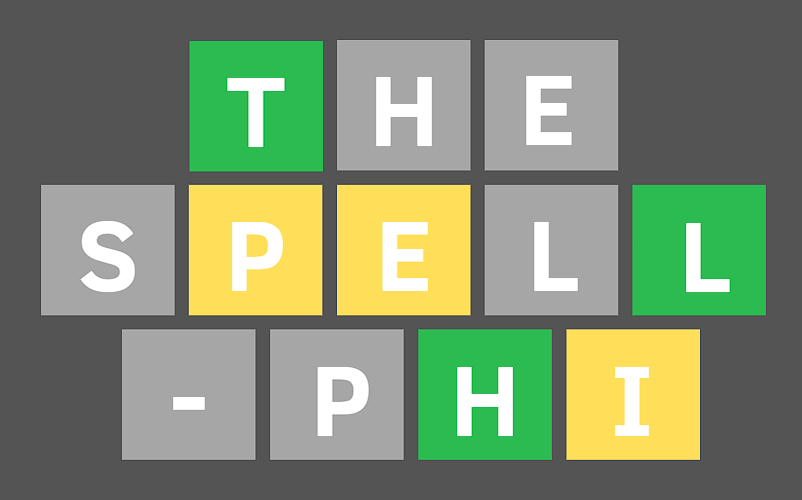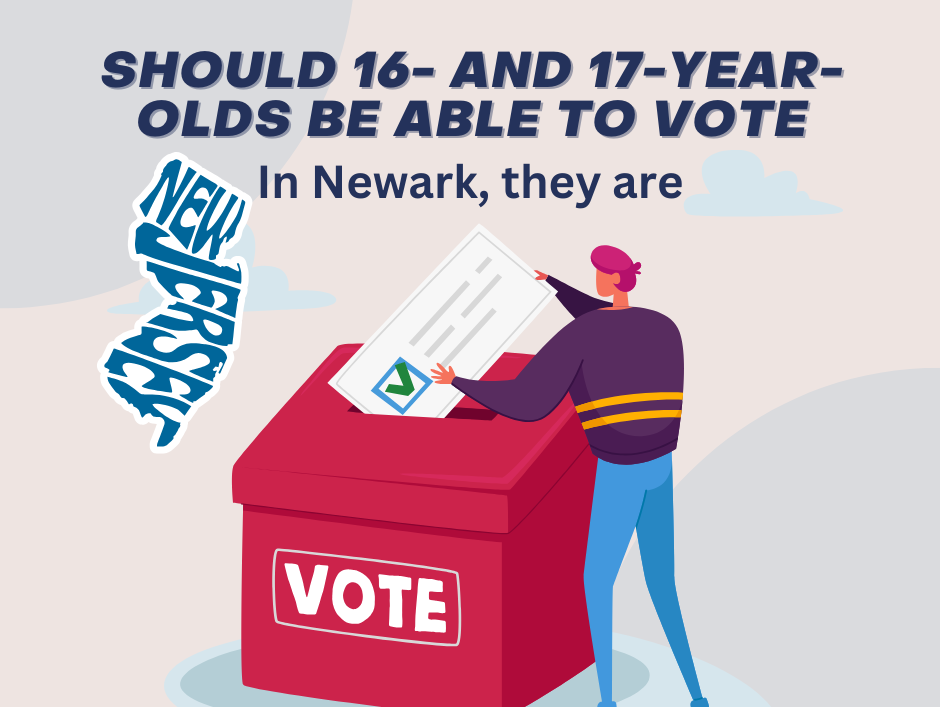Feb. 1, 2025, Newark, NJ opened voter registration to 16 and 17-year-olds. They will now be able to vote in school board elections starting April 15. The ordinance passed in Jan. 2024.
Newark, NJ is one of the largest cities to extend voting to teenagers, following Takoma Park, M.A. allowing 16 and 17-year-olds to vote in local elections back in 2013.
Vote 16 New Jersey has been working to get the voting age lowered through the entire State. According to their website, 16-year-olds have scored higher in civic knowledge compared to those over 18, showing teens knowledge of issues concerning their governments.
“If they’re well informed, and they’re active in understanding the issues, then I think they should [be able to vote], if they’re knowledgeable,” U.S. history teacher James Kluska said. “It will make students that are in high schools understand the responsibility that they have to cast their vote.”
Gov. Phil Murphy encouraged teens at Newark School of Data Science and Information Technology to vote in their upcoming elections.
School policies have the biggest effect on teens, and they have the better understanding of the changes needed in their schools.
“Yes, I definitely think that students should be able to vote in school board elections because I want my education to be in my hands,” Del Val junior Lilly Fleming said. “I don’t truly want all the parents to be deciding what I’m gonna learn and everything. I want to have a say in what happens. I want a say on [who’s on the school board]. I want to know why they want to run and all this. I want someone who has kids on the school board because they know more.”
Multiple countries have voting ages between 16 and 17: including Greece (17), Indonesia (17), Brazil (16), Austria (16) and more.
“Before the 26th Amendment, you had to be 21 in some states to vote, and, yet, in the 1960’s, those kids, 18, 19, 20-years-old, were being sent to Vietnam so they could kill somebody or be killed, but they didn’t have enough maturity, according to some politicians, to be able to vote for the people that sent them there,” Kluska said.
However, at the age of 16 and 17, teens brains are still undergoing major developments and reconstruction, especially in their prefrontal cortex.
“The prefrontal cortex is known to be the higher-order association center of the brain as it is responsible for decision making, reasoning, personality expression, maintains social appropriateness, and other complex cognitive behaviors,” according to the National Library of Medicine.
Based on this information, teens still have not fully formed the brain functions needed to make important decisions, such as elections of local officials.
In 2023, during the 118th Congress, Rep. Grace Meng, D-N.Y., proposed an amendment for the U.S. Constitution to lower the minimum voting age from 18 to 16.
No further action was taken on the bill; however, Meng had previously introduced the bill in 2021, where it moved farther along, but it was stopped after being referred to a subcommittee.
“I think it would allow for, down the road, better voter turnout… they’re our younger part of the country where their future is more at stake than somebody at my age,” Kluska said. “It could become habit if our younger citizens start voting in school, and we make it important. There’s a lot at stake for younger people. Things that affect them they should be able to have a say in, that’s part of democracy.”



